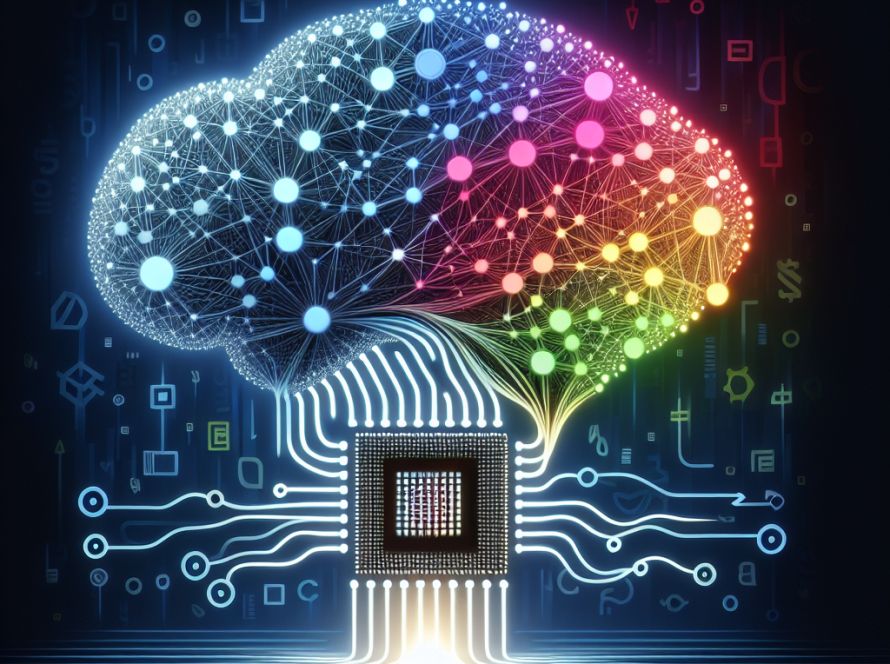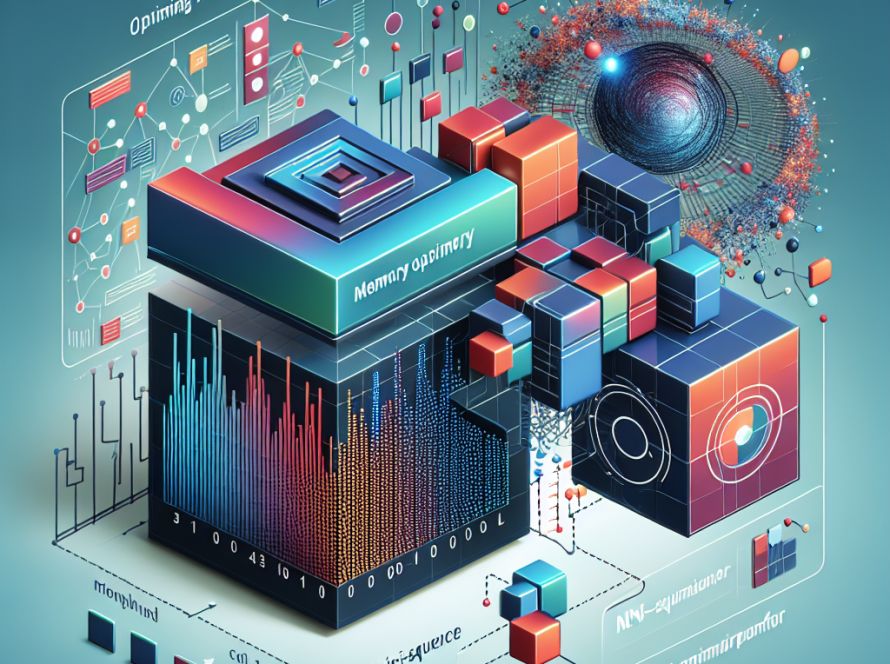Amazon has been leading the way in responsible AI development, embedding safety, fairness, security, privacy, and robustness into its development process to protect customers. It has created over 70 tools and mechanisms that support responsible AI and published over 500 papers on the subject. Additionally, they also deliver training on responsible AI practice to employees and offer free training courses to the public to bolster responsible AI understanding and usage.
The company has made significant strides in transforming responsible AI from theory into practice. Recently, they introduced several new tools, partnerships, and testing methodologies to enhance the security and transparency of AI services and models. Two notable tools launched in 2024 include “Guardrails” for Amazon Bedrock, which offers customizable safety and privacy protections for generative AI applications, and the “AI Service Card” for Amazon Titan Text Premier, which provides crucial information on the intended use-cases and limitations, design choices, and optimization practices of AI services and models.
To ensure the performance and security of its AI systems and models, Amazon relies on various testing techniques such as adversarial style testing (also known as red-teaming), benchmarking, and human evaluation. These testing phases include probing for potential flaws and evaluating performance under various use-cases and with different data sets.
Part of their efforts to foster transparency and combat disinformation involves the application of watermarking on AI-generated content. Amazon has implemented this feature in its Titan Image Generator, where all generated images bear a tamper-resistant watermark, ascertainable through a newly introduced API in Amazon Bedrock.
Understanding the importance of cross-sector collaboration, Amazon promotes partnerships with other companies, governments, and research institutions to develop safe and trustworthy AI. For instance, Amazon has joined the U.S. Artificial Intelligence Safety Institute Consortium and the Tech Accord to Combat Deceptive Use of AI in 2024 Elections, aiming to refine measurement standards and enhance safeguards against deceptive activities.
Using generative AI as a catalyst for positive change, several initiatives have been launched on AWS to combat climate change and advance healthcare. Examples of these include Brainbox AI’s virtual building assistant, which optimizes energy usage, and Gilead’s use of AI to expedite drug development and optimize clinical study feasibility.
Central to their practice is the promotion of education around potential risks and responsible use of generative AI systems. Amazon launched new free courses in its digital learning centres under its “AI Ready” initiative, intending to provide AI skills training to 2 million people globally by 2025.
Amazon is dedicated to creating a productive synthesis of groundbreaking innovation and trust in AI development. Their commitment lies in galvanizing their resources towards collaborative, transparent, and responsible AI practices that safeguard their customers while advancing progress into the AI frontier.


